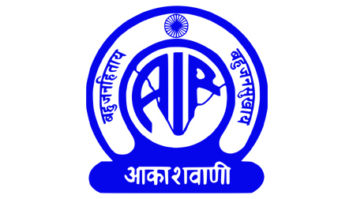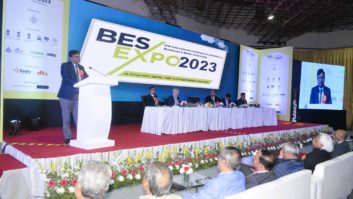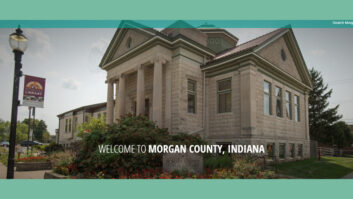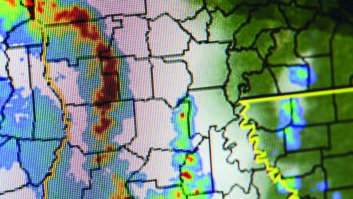Officials from GeoBroadcast Solutions and India public broadcaster Prasar Bharati met in New York City this fall and gave an update on the deployment and testing of GBS technologies in that country.
Aditya Chaturvedi, deputy director general of Prasar Bharati, provided a comment to Radio World by email through GBS.
“ZoneCasting and MaxxCasting are seen as wonderful and invaluable technologies by the Indian government. Given the geographical vastness and cultural diversity of India, they recognize the tremendous potential these technologies hold.”
As we reported earlier this year, the technologies have been authorized for deployment and testing in New Delhi, the capital, and Bangalore, often called the Silicon Valley of India. Each area has more than 10 million residents. ZoneCasting enables the targeted delivery of content to geographic zones. MaxxCasting extends the reach and coverage of FM radio, improving reception in challenging terrains.
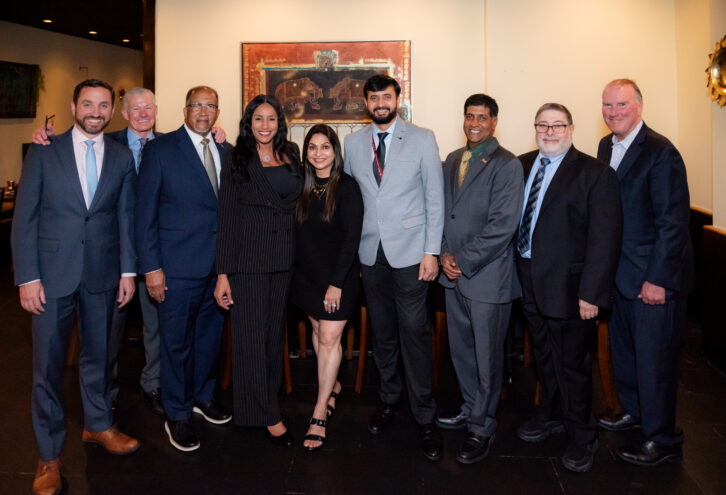
“India’s cities are as diverse as 10 countries, making this technology exceptionally beneficial,” Chaturvedi continued. “It allows us to address our regional populations using a single transmitter and broadcast. Although we are in the early testing phase, we intend to deploy this technology at prominent installations of Prasar Bharati, such as Delhi and Bangalore. Our goal is to assess its performance and ensure it doesn’t interfere with our original transmission.”
He said numerous dialects are spoken across hilly terrains in India, making the technology suitable for providing tailored broadcasts to small yet significant populations.
“Prasar Bharati is one of the largest radio broadcasting organizations globally, with over 500 broadcasting stations and more than 200 program-producing stations,” he said.
“Despite this extensive network, we still struggle to meet the diverse needs of our public. With these technologies, we can reduce our reliance on numerous program-producing stations and, instead, centralize our content delivery to cater to the varying dialects, languages and population requirements across India. … Though our testing has just begun, the technology is already demonstrating its significance in the context of our rich Indian culture.”
The testing will commence in Bangalore before expanding to Delhi and overlapping with Faridabad. Assuming these deployments proceed smoothly, subsequent steps would involve discussions on wider implementation of ZoneCasting and MaxxCasting across other cities, mountainous regions and border areas, according to Dev Darshan Banad Viswanath, managing director of Geo Global Banad Pvt. Ltd., which was created to introduce the technologies in India.
“Additionally, we will explore the possibilities of forming partnerships for commercial deployment with private broadcasters throughout the nation,” he said.
Bert Goldman, chief engineer for the ZoneCasting and MaxxCasting initiatives in India, was among those who participated in the New York meeting.







